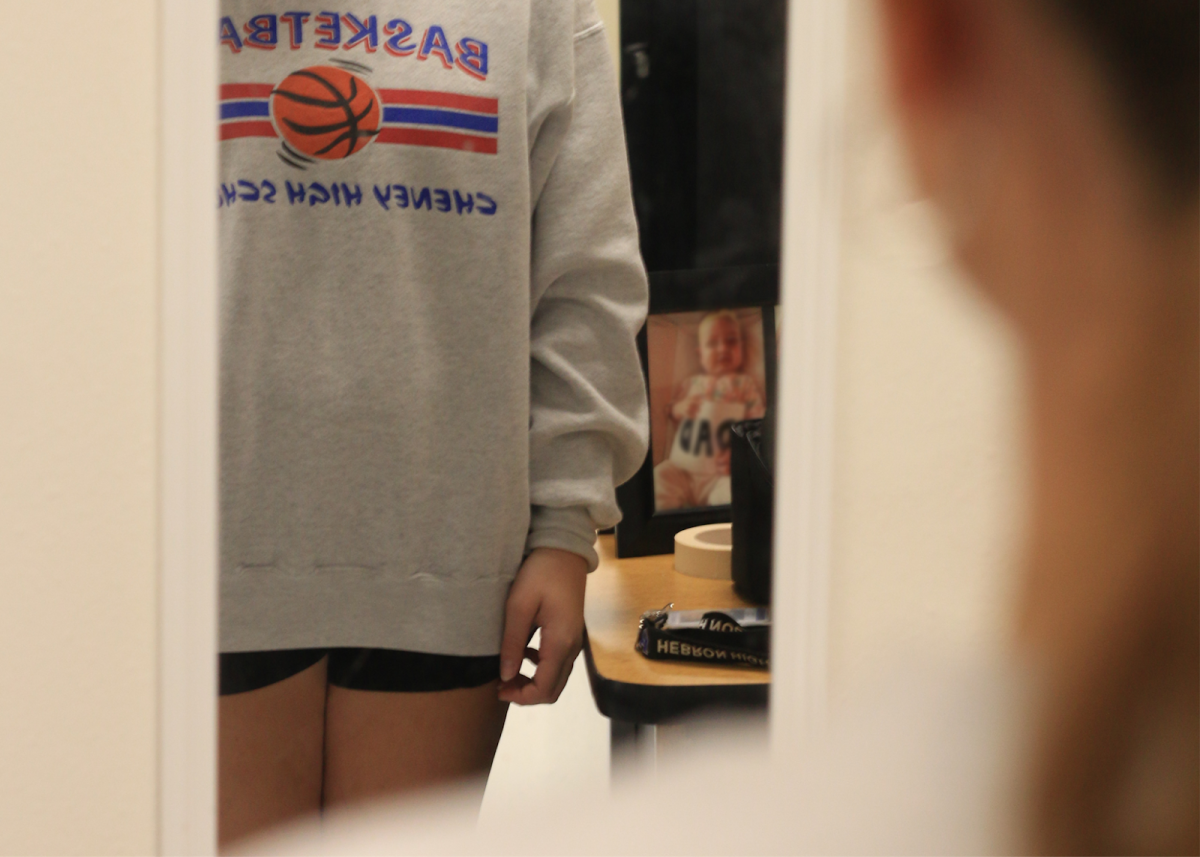For decades, the standards for how people should appear and behave have been raised beyond what is realistic for teenagers. Expectations for women have typically been to look pretty, be thin and have clear skin, while men must be tall, muscular and masculine. These unrealistic beauty standards have spread to the culture of teenagers in high school.
Beauty standards are not a new concept: they have been around since society and cultures were around. For example, South and East Asian, Black American, Western and Hispanic cultures have set the standard that women should be thin and petite.
Due to our culture pushing the narrative of what people should look like, this has been perpetuated through the media that teenage girls consume. For instance, magazines are an outlet for people to be exposed to “conventionally beautiful” people. These types of people are also all over TV — models chosen to be advertised to the world. Since models present unrealistic body types to the average viewer, diet culture and exercise programs have exploded in popularity. AZ Dietitians had an article listing all the well-known diets in America, stating “fad diets have been used for over 150 years in America.” Diet and workout culture are still prominent today due to social media.
With generations of kids growing up with these unrealistic beauty standards, they have become self conscious of their looks and how they act. Many teenagers tend to compare their looks to others, which can cause great disappointment as their flaws are amplified, and they grow blind to seeing other’s flaws.
According to research conducted by Emotion Matters, “studies show that 88% of women compare themselves to images they observe on social media, with over half of them emphasizing that the comparison is unfavorable.” Women who are self conscious about themselves grow up to become mothers or peers to younger girls. Unfortunately, many women do not grow out of their state of self consciousness and push their insecurities onto their own daughters.
Many teenagers tend to change their appearance just so they can please others. Social media has made this issue much bigger, as now it’s downright impossible to escape these beauty standards. There’s an abundance of people who post themselves online, which leads to adolescents wanting to look just like the people they are shown. Since social media is accessible to everybody around the world, this has led to voices speaking out and sharing their own beliefs on what beauty should be.
Following trends may bring satisfaction to those who follow them, but there are still many teenagers who don’t follow the beauty standard. Teenagers who don’t conform to trends have the tendency to get bullied by other people who see them as outcasts. Even those who are considered to fit into certain beauty standards can become an outcast. In society, women who are seen as “pretty” can be stereotyped as “dumb and superficial” rather than having their own personality; this leads to many being underestimated of their ability as people just judge them based on their looks alone.
Unfortunately, we cannot just change society’s idea of what beauty should be as those standards were set in place from years of culture and media. However, what we can do is change how we react to it. Instead of bullying others or ourselves for not appearing “attractive,” we must learn to accept realistic beauty. Everyone has something about themselves that could be considered “ugly:” whether it’s eye bags, acne, body hair or any other normal trait. We must learn to accept how our natural bodies are if we want to be truly happy with ourselves.



